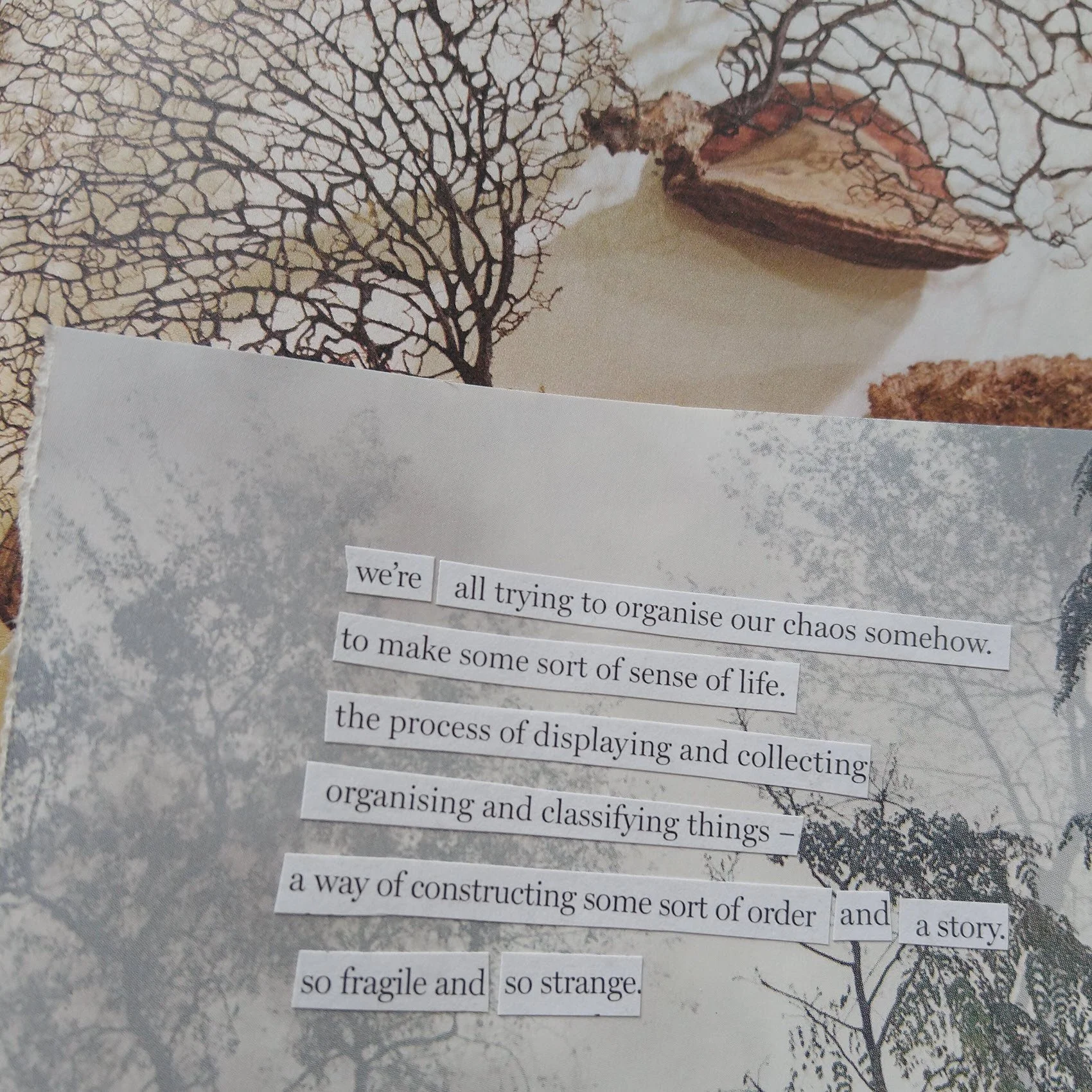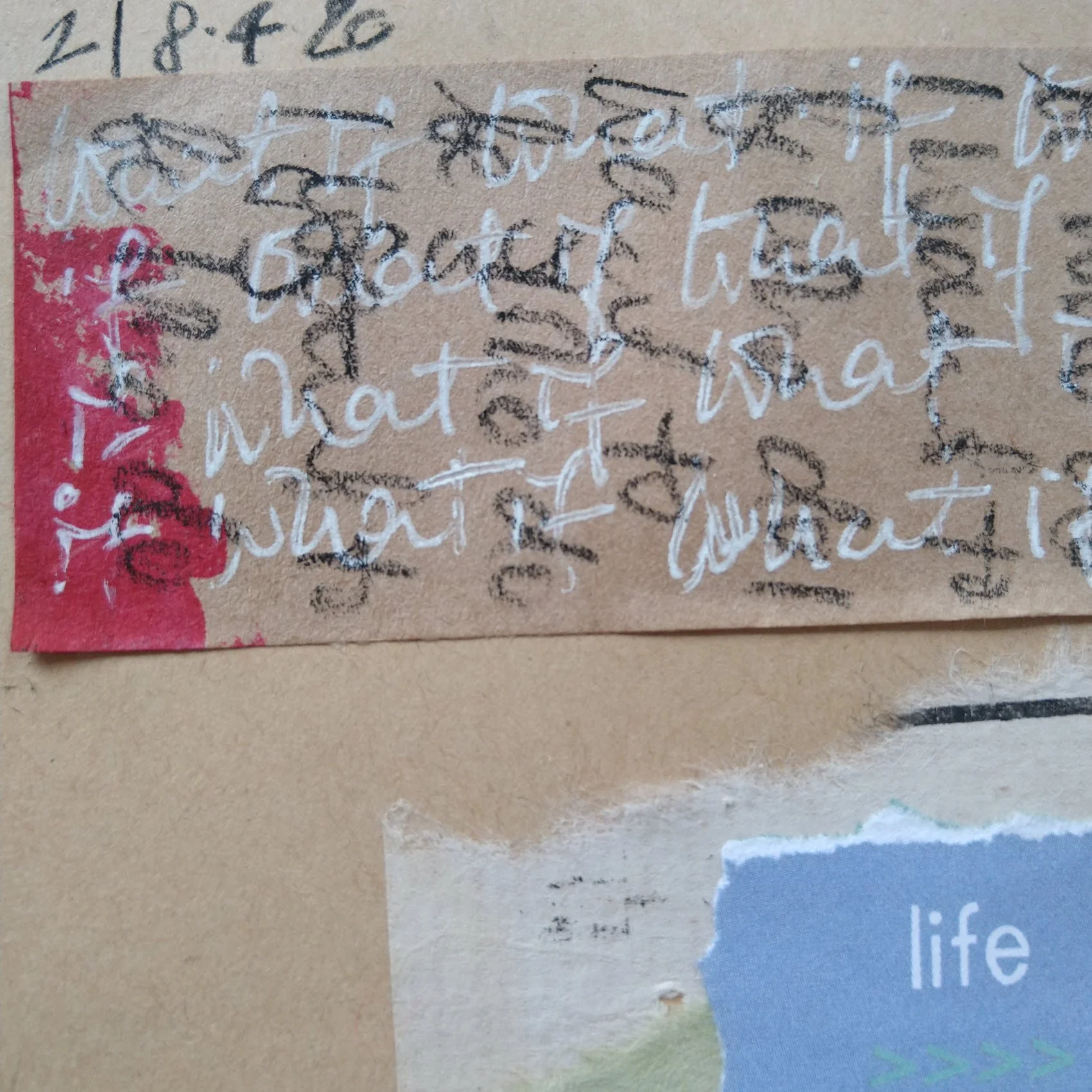
Meaning-focused Coaching
“How we spend our days is, of course, how we spend our lives.”
— Annie Dillard
A meaning crisis
According to a recent Gallup report, we spend 81,396 hours working. The only activity we spend more time on is sleeping. Work doesn’t only take up the lion share of our waking hours, for many of us it also shapes our identity and personal sense of purpose.
David Graeber said in his book Bullshit Jobs: “A human being unable to have a meaningful impact on the world ceases to exist.”
This might sound dramatic, but it highlights that the need to infuse work with meaning is urgent. With work playing a key role in the lives of so many of us, experiencing meaning at work is vital for our wellbeing at work and beyond.
The Map of Meaning
My twenty-year corporate career is the backdrop for integrating the Map of Meaning® in my coaching.
With all the ups and downs that come with any career, it was the lack of purpose and the absence of meaning that initiated my career transition.
Based on over twenty years of empirical research, the Map of Meaning® provides a simple yet profound framework to explore the universal and intrinsic drivers that lie at the heart of working and living with meaning.
I bring my signature qualities to working with the Map of Meaning: arts-based, trauma-informed and reflective.
This supports you in mapping our current landscape of meaning and identifying areas for change.
-

Arts-based approach to meaning
Weaving arts-based processes into my work with the Map of Meaning® might see you create a collage, engage in reflective writing, or work with poetry, images, stories, objects and symbols.
You might begin a Meaning Journal or explore Meaning Studio, an online event I regularly offer in collaboration with Map of Meaning International.
-

Trauma-informed approach to meaning
When we explore meaning we’ll inevitably touch on engrained patterns that keep showing up in your work, relationships, what you make time for and what you put on hold.
Some of these dynamics stem from what was rewarded where you come from, including your family or culture. These early experiences shape your striving to achieve, ability to rest, or capacity for self-compassion. They also shape how you hold the inevitable tension between your own needs and those of others.
This work is also informed by other frameworks such as Internal Family Systems where we’re curious about all aspects of yourself and how they show up in your life. Or Polyvagal Theory – where we explore how your nervous system responds to stress or adversity and how this impacts your experience of meaning.
I’ve found the Map of Meaning to be a useful foundation for a personal resilience plan. ‘Drawing’ up a map for tough times ahead of crisis is a valuable resource of support.
-

A reflective meaning practice
In combination with the reflective qualities of my coaching approach, you can shape and cultivate your personal meaning practice.
Over the course of your coaching, you’ll develop strategies to craft more meaning into your work and life. Sometimes, the required changes are subtle; other times, they can feel like seismic shifts. The outcome is greater integration, more wholeness and coming home to yourself.
A meaning practice is a way to document your inquiries, strategies and meaning experiments. You can build a creative, reflective or embodied practice, or a personalised blend of all three – whatever works for you. It’ll help you stay connected with your sources of meaning beyond our coaching work together.
-
“While I liked my job, I can pinpoint the moment when I first articulated what my ideal career would look like. It was at my second Map of Meaning session with Conny. Fast-forward 6 months and I am now in a role that I love, doing exactly what I described to Conny at that session. Conny has a beautiful way of drawing out the holistic you, not just the professional you, the friend you, the family you - but you as a whole self. The Map of Meaning sessions truly helped me to identify what makes me thrive and the balance I need to successfully merge my ideal and practical expectations.”
CG (Coaching client)